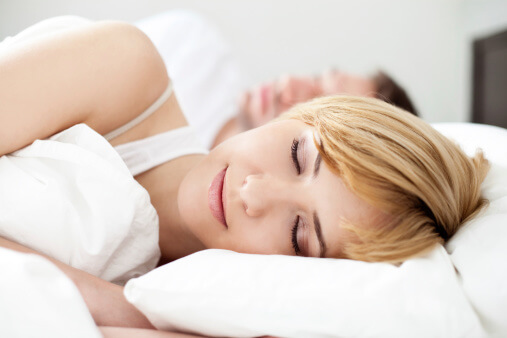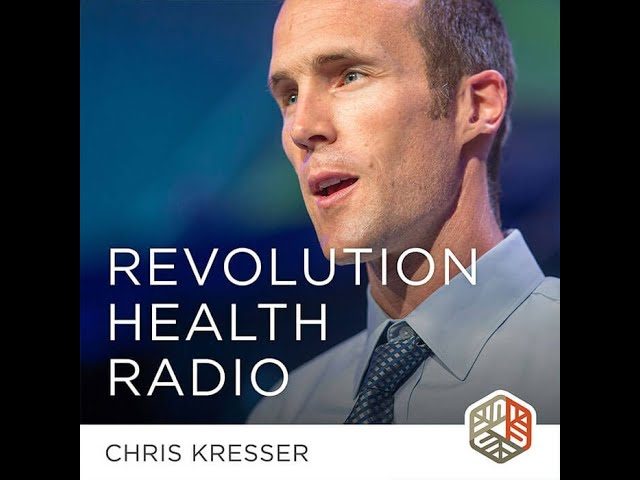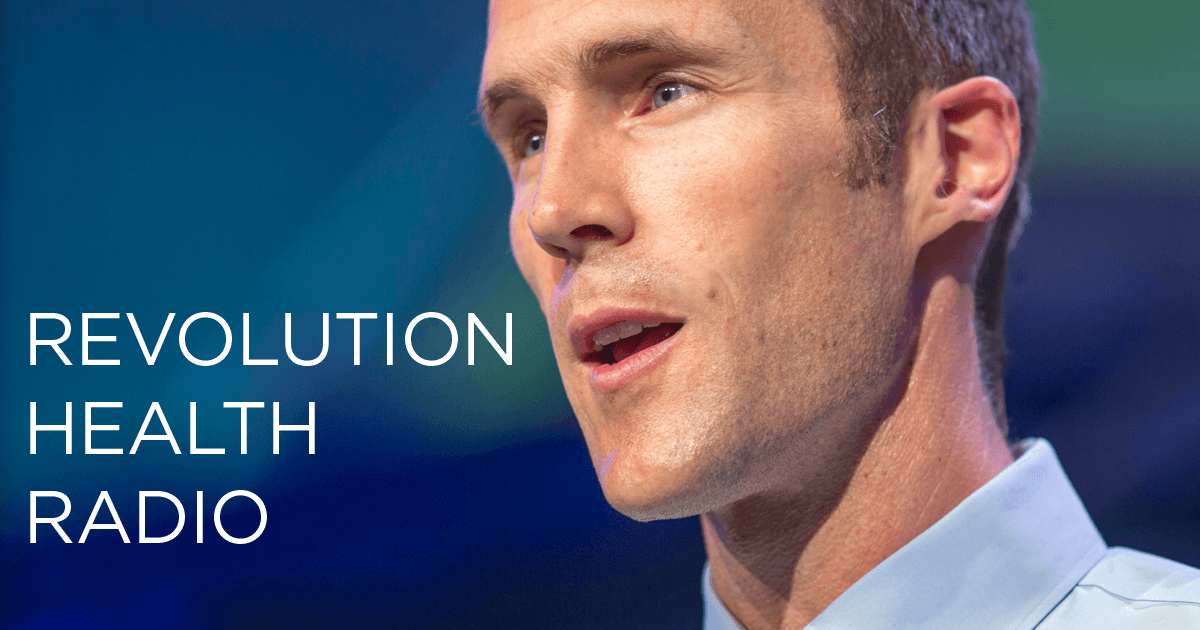
8 Tips for Beating Insomnia and Improving Your Sleep

Page Contents:
You’re probably aware by now how important sleep is for good health. Inadequate sleep is a major stressor on the body and has been implicated in obesity, insulin resistance, heart disease, impaired cognitive function, and numerous other health complaints. (1, 2, 3, 4, 5, 6)
It doesn’t matter how dialed in your nutrition and exercise are; if you don’t get enough sleep, your health will suffer. (7)
The trouble is, making sleep a priority—although an important step—doesn’t necessarily guarantee you’ll get a restful 8 hours per night. Many people can’t fall asleep at a reasonable hour, wake up in the middle of the night and can’t get back to sleep, or consistently wake up too early. According to a review published in 2013, an estimated one-third of the adult population reports having at least one symptom of insomnia. (8)
Luckily, there are several things you can do to improve your sleep. In this article, I’ll give you eight tips to help you fall asleep and stay asleep.
Most of us could use more sleep. How can we make regular, quality sleep a reality for everyone? Health coaches play an important role in helping people build healthy sleep habits like going to bed at a reasonable time, making room in their schedules for eight hours of sleep, and limiting blue light before bedtime.Want to know more about sleep and how health coaches support healthy sleep habits? That’s part of what we teach in the ADAPT Health Coach Training Program. The program includes world-class instructors, a curriculum based on learning research, and an emphasis on hands-on practice so that you graduate with the skills and confidence to be a successful health coach. Find out more about the ADAPT Health Coach Training Program.
1. Restrict Artificial Light at Night
This first tip is one you’ve probably heard me talk about before: restrict artificial light at night. This means devices like computers, smart phones, and TVs, but also ambient indoor lighting. Light from all of these sources—particularly blue light—has been shown to disrupt the production of melatonin, which is the primary hormone involved in sleep regulation. (9, 10, 11)
One easy way to mitigate this effect is to install f.lux on your devices, which will automatically change the display of your computer or smart phone at night to reduce the amount of blue light it emits. However, a better option is to buy amber-tinted glasses to wear after dark, which will reduce your exposure to blue light from ambient room lighting as well. Studies have shown that these glasses are extremely effective at preventing melatonin suppression and improving sleep quality and mood. (12) Uvex and Solar Shield are two popular, inexpensive brands.
Can’t sleep? Check out these 8 tips for getting your 8 hours. #sleep #improvesleep #sleephygine
2. Try Eating More Carbs at Dinner
Melatonin is synthesized in the brain by the pineal gland, along with serotonin, which is a neurotransmitter that is also involved in sleep regulation. An important raw material for this synthesis is the amino acid tryptophan, and carbohydrates increase the amount of tryptophan available to the pineal gland.
Studies have shown that eating a carb-rich meal a few hours before bed can shorten sleep onset, and higher-glycemic carbs in particular seem to have the greatest effect. (13, 14, 15) If you have insomnia, and particularly if you’re on a low-carb diet, adding some carbs at dinner could be an easy and effective way to improve your sleep.
On the other hand, high-protein meals can decrease the availability of tryptophan because other amino acids compete for transport across the blood-brain barrier and into the pineal gland. (16) However, the glycine-rich proteins found in skin and gelatinous cuts of meat don’t have this effect, and studies have shown that gelatin consumption before bedtime (say, a mug of bone broth) can improve sleep quality. (17)
3. Keep Your Bedroom Cool and Dark
You may have already discovered that sleeping in a cool, dark environment makes it much easier to get a good night’s sleep. One of the physiologic hallmarks of sleep onset is a decrease in core body temperature, which the body achieves by increasing blood flow to the skin and allowing heat to disperse into the environment. (18) If the sleeping environment is too warm, it can hinder this decrease in core body temperature and adversely affect sleep quality. (19)
It’s also important to keep your bedroom as dark as possible. We’ve already discussed how exposure to artificial light before bed can impair sleep, and exposure to even small amounts of light during the night can disrupt the circadian rhythm. (20, 21) Installing black-out shades and covering any other lights in your bedroom is one option, but an eye mask is a good alternative.
4. Manage Your Stress during the Day
One common reason people cite for not being able to fall asleep at night is that they can’t “turn off their brain.” Is this really a surprise, considering how busy and scattered most of us stay during the day? If the sympathetic nervous system, better known as “fight or flight” mode, is consistently activated during the day, it’s unrealistic to expect that you’ll be able to switch to parasympathetic—or “rest and digest” mode—the instant your head hits the pillow.
Shifting the balance in favor of parasympathetic activation during the day by managing stress makes it much easier to fall asleep at night, and common stress-management practices such as yoga and meditation have been shown to help eliminate insomnia and improve sleep. (22, 23, 24) I also recommend a program called Rest Assured, which has breathing and movement exercises designed to promote daytime relaxation and a good night’s sleep.
5. Exercise and Get Plenty of Light during the Day
Supporting your circadian rhythm by avoiding artificial light at night is important, but don’t forget to enforce it during the day, too!
Compared to outdoor light, which usually ranges from 10,000 to 30,000 lux on a clear day, ordinary indoor light is a pitiful 10 to 300 lux, not nearly bright enough to have the strong circadian-entrenching effect we want. (26)
Exercise during the day has also been shown to improve sleep quality at night. Several studies have found exercise to be effective at reducing symptoms of insomnia, and some evidence indicates that exercise may be as effective as sleeping pills. (27, 28, 29, 30)
6. Go Camping
Because the circadian rhythm is regulated primarily by exposure to light, the best way to reset your sleep schedule and get in line with ancestral health is by exposing yourself to as much natural light as possible, with plenty of bright light during the day and no light at night. And one of the best ways to accomplish that is by going camping.
One study found that being exposed to only natural light for a few days realigns the circadian rhythm with sunset and sunrise, resulting in an easier time falling asleep and staying asleep. (31) And if you’re wondering about exposure to moonlight at night, it doesn’t appear to hinder these effects. Despite the fact that the moon can seem quite bright, moonlight is only around 0.1 to 0.4 lux. (32, 33) For comparison, a candle one meter away is 1 lux.
7. Address Sleep-Related Issues like Sleep Apnea and Restless Legs Syndrome
It’s also possible that you can’t sleep due to a health condition such as sleep apnea or restless legs syndrome (RLS). I recently wrote an article sharing several potential causes, as well as ways to address it.
But while RLS is usually easy to identify, people can suffer from sleep apnea without even realizing it. If you have excessive daytime sleepiness that you can’t figure out or you wake up frequently at night, it’s worth having a sleep study done to rule out sleep apnea as a cause. This is especially true if you are obese, have high blood pressure or diabetes, or have a history of snoring, all of which are risk factors for sleep apnea. (34) Remember, you don’t need to be overweight to develop sleep apnea, so see a sleep specialist to get tested for this common condition. (Side note: I will be discussing alternative treatments for sleep apnea in the near future.)
8. Try Some Natural Remedies
Finally, there are several supplements that can be helpful for relieving insomnia and improving sleep. These are the supplements I’ve found helpful in my practice and are safe for most people to try, listed in descending order of what to try first. (Always check with your personal physician before starting any supplement protocol.)
Magnesium. Magnesium has calming effects on the nervous system, and several studies have found magnesium to be effective in treating insomnia and improving sleep. (35, 36, 37, 38) Many people have success with 1 to 2 teaspoons of Natural Calm before bed, while others do better with chelated forms like magnesium glycinate or magnesium taurate (400 to 600 mg). It’s important to note that magnesium may have a laxative effect, and the chelated forms are usually better tolerated by those with sensitive guts.
L-theanine. L-theanine is an amino acid found in green tea that has been shown to have calming effects on the brain. (39) The recommended dose for improving sleep is 200 to 400 mg, taken an hour before bed if you have trouble falling asleep, or just before bed if you have trouble staying asleep.
Taurine. Taurine is an amino acid that reduces cortisol levels and increases the production of GABA, which is a major inhibitory neurotransmitter—our bodies’ natural “off” switch. Try taking 500 mg before bed. Using magnesium taurate allows you to get both magnesium and taurine with a single pill.
5-HTP. 5-HTP is the precursor to melatonin, and the recommended dose is 50 to 100 mg an hour before bed. (Note: do not take 5-HTP if you are taking SSRIs or other antidepressants.)
Melatonin. If 5-HTP doesn’t work, you might consider taking melatonin itself. It’s more likely to be effective if your melatonin levels are low. At lower doses of 0.5 to 1 mg I believe it is safe and unlikely to cause dependence (which may be a concern with higher doses). Also, it’s worth pointing out that many people find lower doses more sedating than higher doses.






